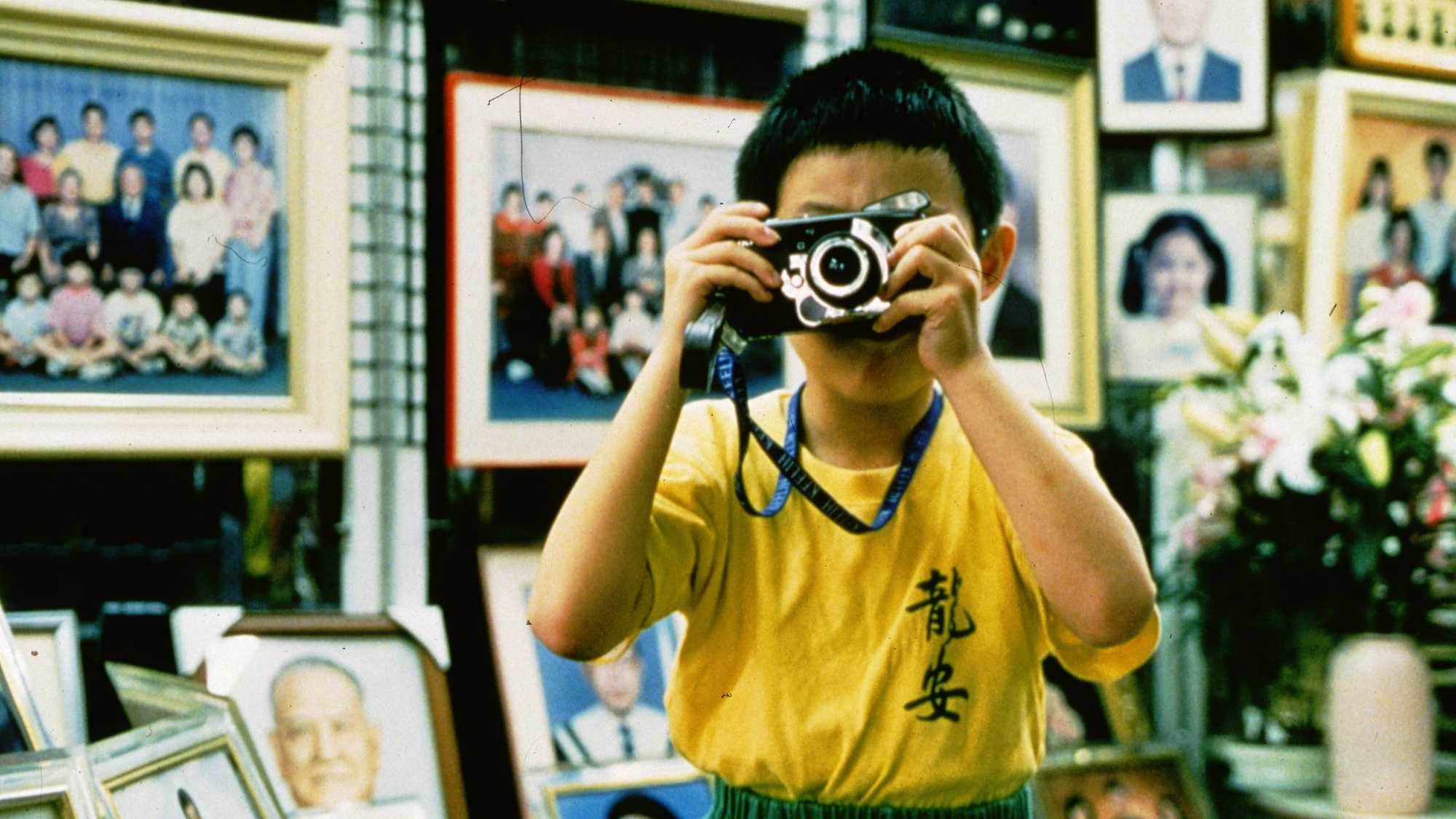
Screened as part of NZIFF 2008
Yi Yi 2000
A One and a Two
Yi Yi, Edward Yang’s best known and final movie, is one of the landmark films of the 21st century, a pitch-perfect examination of the lives of a nuclear family that brilliantly illuminates the interpersonal equivalent of chaos theory. Not only are tiny, casual acts shown to have potentially enormous consequences – tracing the patterns of cause and effect that run deep below the film’s restrained surface is one of its delights – but the film is highly sensitive to symmetries of scale – the familial sphere reproduces in miniature the issues and emotions that shape Taiwanese and international society. As in all of Yang’s best work, the universality of the issues explored – romance, infidelity, betrayal, guilt, faith, work – is grounded in an exquisite specificity of character and context. Although formally the directors are wildly different, in this film Yang proves himself a spiritual brother to the great Japanese chronicler of families, Yasujiro Ozu.
The storylines involving each family member all radiate from the collapse, early in the film, of the family’s grandmother. This crisis precipitates a radical fragmenting of the nuclear family. The mother, Min-Min, leaves home to seek consolation with her spiritual master; the father, N.J., is distracted by disappointments at work and the return of an old flame; the daughter, Ting-Ting, strives to reconcile friendship and infatuation; and young Yang-Yang embarks on an unexpected, quasi-metaphysical artistic project. The grandmother continues to haunt the film and the family, providing the focal point they still have in common: lying in a coma, she’s been moved back into the family apartment and the doctors have encouraged the family to carry on one-sided conversations with her.
The film builds up an amazing emotional power while never raising its voice, and the closing scenes of resignation and resilience precipitate a complex catharsis few works of art ever achieve. Yi Yi won Yang the Best Director award at Cannes and was his only film to achieve reasonable international exposure, topping many year’s-best lists at the end of 2000. — AL